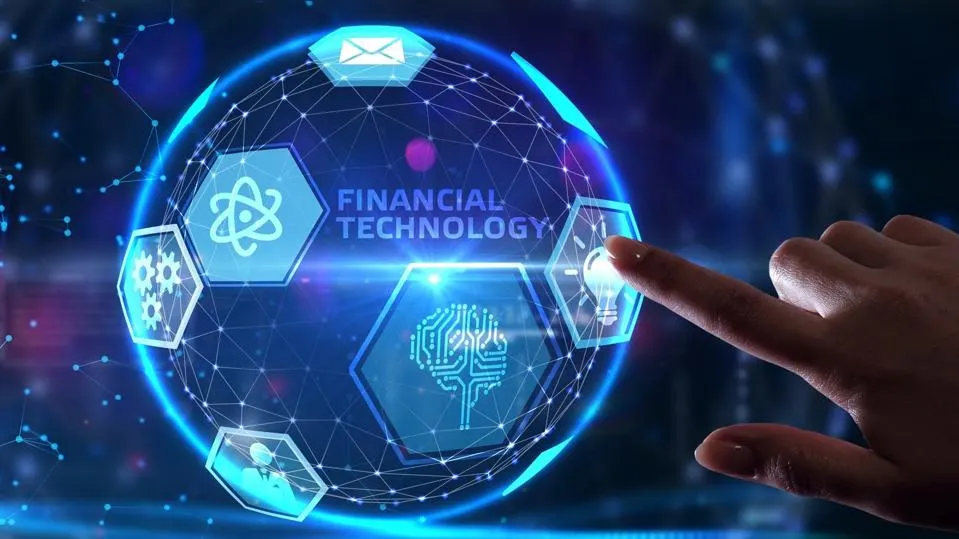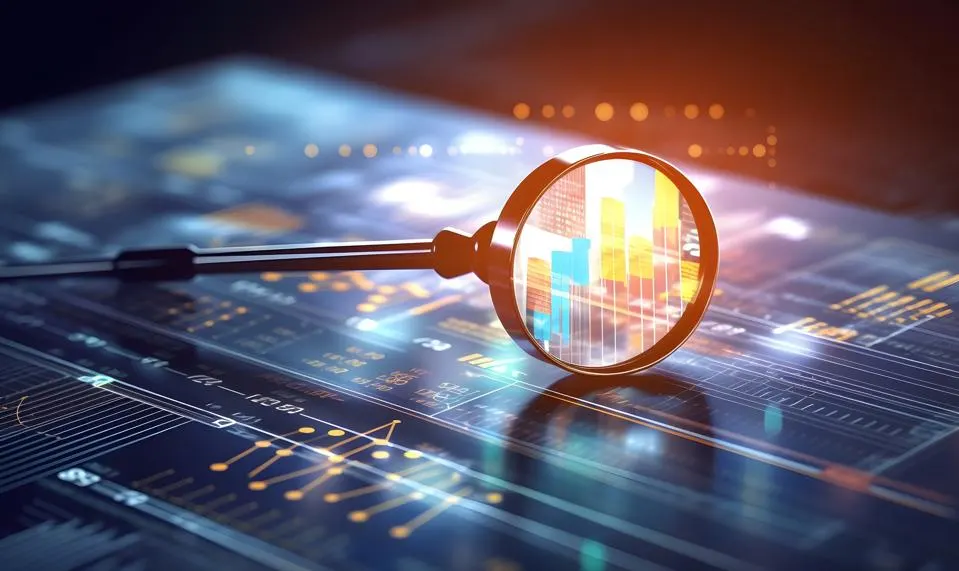Why Use Blockchain Technology?
2 July 2021
If you read anything about technology and digital transformation, you’ll no doubt have seen a lot of hype around blockchain. Stripping away the hype, and once some teething problems are solved, I believe that blockchain technology is set to revolutionise many industries, in the same way as Big Data and even the internet.

What exactly is blockchain?
But first, back to basics. What is blockchain and how on earth does it work?
A blockchain is a computer file for storing data. Or, to put it in more technical terms, it’s an open, distributed database. The data is distributed (i.e. duplicated) across many computers, and the whole blockchain is entirely decentralised. This means no one person or entity (say, a government or corporation) has control over the blockchain; this is a radical departure from the centralised databases that are controlled and administered by businesses and other entities.
So how does it work? In very simple terms, the file is comprised of blocks of data, with each block being connected to the previous block, forming a chain. Hence the name ‘blockchain’. As well as the data itself, each block also contains a record of when that block was created or edited, which makes it very useful for maintaining a detailed system of record that cannot be corrupted or lost.
Because the whole blockchain is duplicated across many computers, any user can view the entire blockchain. Transactions or records are processed not by one central administrator, but by a network of users who work to verify the data and achieve a consensus. If this sounds familiar, it’s because Bitcoin operates in the same way. In fact, Bitcoin is the first example of blockchain in action.
Looking at the benefits of blockchain
Let’s look at some of the biggest advantages of using blockchain technology:
- You get a history of activity, not just a snapshot in time. When you look at a regular database, you’re getting a snapshot of data that’s up to date in that moment in time. Blockchains do this too, but they also maintain a record of all the information that existed before. It’s a database with history, if you like.
- There’s no one, central point of attack. The fact that blockchain is a decentralised way of storing and accessing data makes the whole system incredibly secure – because, unlike a centralised database, there’s no one single point of entry for hackers. This makes it particularly useful for recording transactions in a secure manner.
- And no centralised control. Because the system of record is decentralised and replicated in its entirety in multiple places, there’s no need for a central administrator and all the costs and infrastructure that comes with it.
When might you use blockchain?
Blockchain is certainly exciting and has the potential to transform how many businesses operate, but that doesn’t mean it’s the right solution for every scenario. Here’s why you might choose blockchain over, say, a standard database:
- When you want to manage and secure digital relationships or keep a decentralised, shared system of record. Anytime you want to keep a long-term, transparent record of assets (for example, to record property or land rights), blockchain could be the ideal solution. ‘Smart contracts’, in particular, are great for facilitating digital relationships and transactions. With a smart contract, automated payments can be released when parties in a transaction agree that their conditions have been met.
- Anywhere a middleman or gatekeeper function is expensive or time-consuming. For example, most accommodation providers currently have to interact with guests via a centralised aggregator platform, like Airbnb or Expedia (who, in turn, take a cut on each booking). Blockchain could change all that. For example, travel company TUI is so convinced of the power of blockchain, it’s pioneering ways to connect hoteliers and customers directly, so that they can transact via blockchain in an easy, safe and consistent way, rather than via a central booking platform.
- When you want to record secure transactions, especially between multiple partners. A traditional database may be good for recording simple transactions between two parties, but when things get more complicated, blockchain can reduce bottlenecks and simplify relationships. For example, shipping conglomerate Maersk is working with IBM to develop a private blockchain platform to connect its various partners and customers across the shipping industry. What’s more, the added security of a decentralised system makes blockchain ideal for transactions in general.
- Where the data is in constant flux, but you want to keep a record of past actions. Blockchain is a better, safer way to record activity and keep data fresh, while maintaining a record of its history. The data can’t be corrupted by anyone or accidentally deleted, and you benefit from both a historical trail of data, plus an instantly up-to-date record.
When shouldn’t you use blockchain?
Two examples spring to mind of where blockchain perhaps isn’t the go-to solution.
For one thing, while blockchains make great transaction platforms, they’re not the ideal solution for super-fast digital transactions that take place in milliseconds. Blockchains require huge amounts of computing power, so for super-fast transactions, a centralised database is likely to be a faster, cheaper way of processing and storing the information.
And secondly, blockchains are, by their very nature, open chains of information. So anytime confidentiality is a key consideration, a private database is (at least for now) the better option.
In conclusion, if you’re happy with your current database, then there’s no need to switch to blockchain technology anytime soon. After all, blockchain is still evolving and maturing all the time. But the advantages and uses set out in this article show that blockchain technology is definitely worth considering for the future if a decentralised system of record would suit your business.
Where to go from here
If you would like to know more about blockchain technology, check out my articles on:
Related Articles
The Biggest Fintech Trends In The Next 10 Years
If a week is a long time in politics, then ten years is an eternity in the world of technology.[...]
5 Generative AI Chatbots Everyone Should Know About
Generative AI chatbots have rapidly become indispensable tools across various industries, transforming the way we interact with technology.[...]
AI Revolutionizes Voice Interaction: The Dawn Of A New Era In Technology
It’s becoming increasingly common to find ourselves controlling and communicating with machines using our voices.[...]
7 Ways Marketers Should Be Using Generative AI Now
Marketing is all about engaging customers with compelling content – delivering thoughtful, inspiring messages that help to create a deeper relationship with the brand.[...]
The AI Revolution In Wine Fraud Detection
In an era where authenticity is as valuable as the vintage itself, the wine industry faces a pressing challenge: wine fraud.[...]
10 Mind-Blowing Generative AI Stats Everyone Should Know About
A little over a year ago, no one was talking about generative AI. Now, it’s the dominant topic of top-level events like CES and the World Economic Forum.[...]
Sign up to Stay in Touch!
Bernard Marr is a world-renowned futurist, influencer and thought leader in the fields of business and technology, with a passion for using technology for the good of humanity.
He is a best-selling author of over 20 books, writes a regular column for Forbes and advises and coaches many of the world’s best-known organisations.
He has a combined following of 4 million people across his social media channels and newsletters and was ranked by LinkedIn as one of the top 5 business influencers in the world.
Bernard’s latest book is ‘Generative AI in Practice’.










Social Media